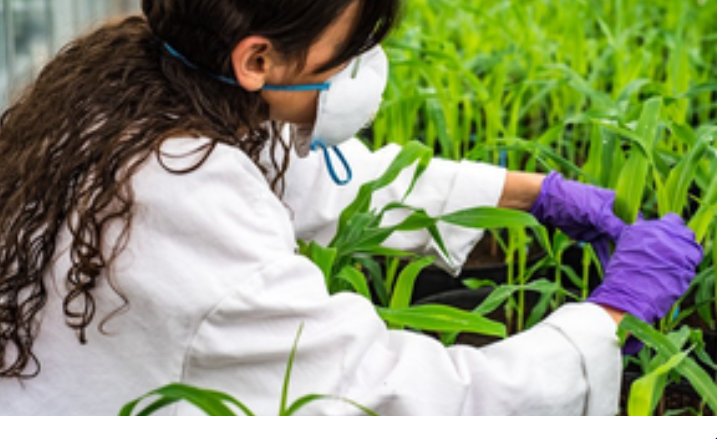Business
Centre to launch BRIC-National Agri-Food Biomanufacturing Institute on Monday

New Delhi, Oct 27
The Union government is set to launch BRIC - National Agri-Food Biomanufacturing Institute (BRIC-NABI), at Mohali in Punjab, in a bid to strengthen India’s capabilities in agricultural biotechnology and bioprocessing.
The new institute, to be inaugurated on October 28, will focus on developing high-yield crops. It also aims to produce sustainable biomanufacturing technologies, and value-added products from agricultural resources.
“BRIC-NABI aims to address India’s biomanufacturing gap by creating large-scale production facilities and nurturing startups, paving the way for India to become a leader in sustainable agri-food solutions,” said the Ministry of Science & Technology.
“This initiative supports the vision of a "Viksit Bharat" (Developed India), by promoting self-reliance, job creation, and sustainable economic growth in the agri-food sector,” it added.
The institute aims to work on the government’s vision for "doubling farmers' income" and the "Make in India" initiative.
Research in genetic manipulation, metabolic pathways, and biomanufacturing will be the focus of the institute. This will help develop practical solutions for the Indian agriculture sector.
These include the development of biofertilizers, biopesticides, and processed food ingredients designed to support sustainable farming, enhance crop yields, and create new revenue streams for farmers.
Further, to drive technology transfer, commercialisation, and outreach, the institute will also partner with international organisations and industries, said the Ministry.
A BioNEST BRIC-NABI Incubation Centre, at the Biomanufacturing Institute, will also be launched on Monday.
The Centre will play a crucial role in bridging the gap between research and industry. It aims to foster entrepreneurship and innovation in the agriculture and bioprocessing sectors.
It will focus on supporting local youth, women, and farmers. Further, it will provide entrepreneurs with access to research and development facilities, mentorship, and a robust translational ecosystem that will enable them to scale up and market innovations.



































